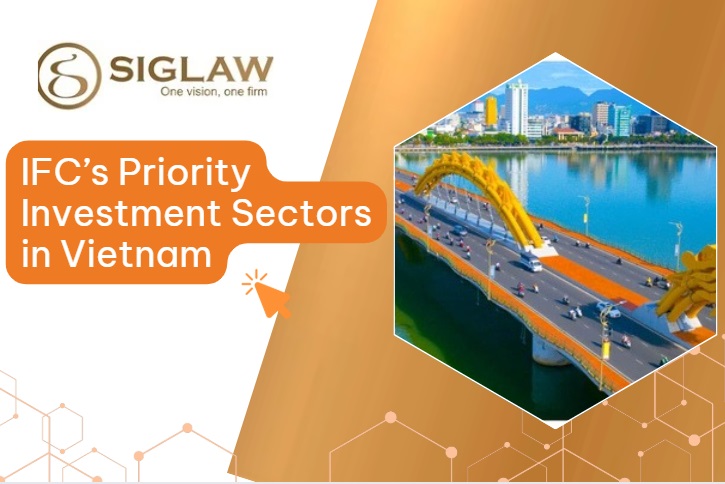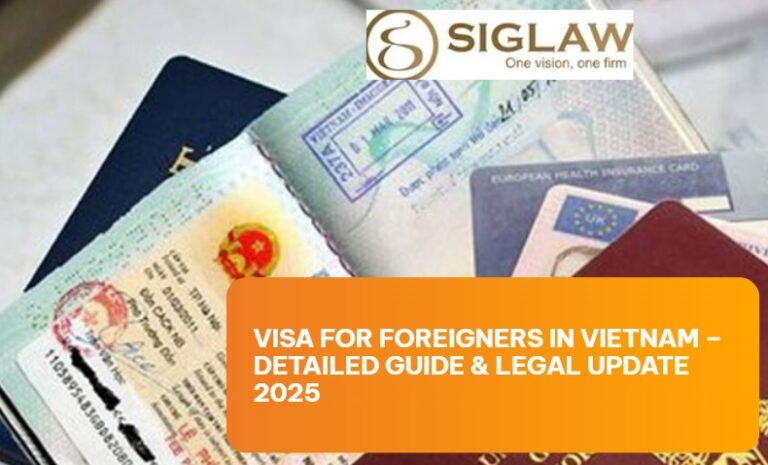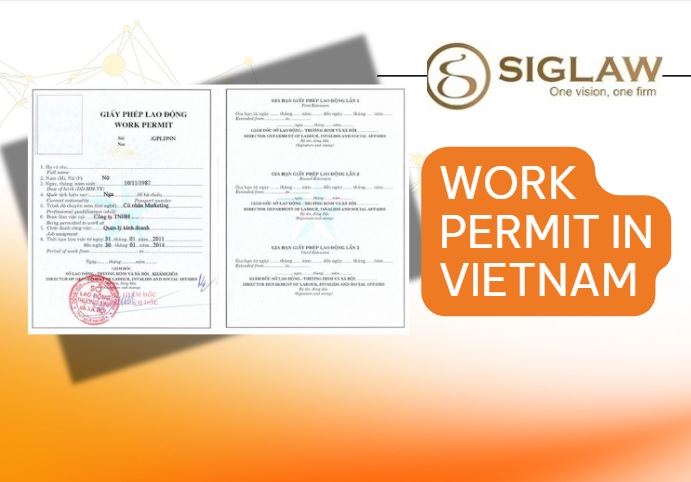Advantages of investing in Vietnam for Chinese-funded companies
Many Chinese investors are currently exploring the Vietnamese market to establish companies, branches, or representative offices. In this article, Siglaw invites you to explore the advantages of investing in Vietnam for Chinese-funded companies.
Relations between Vietnam and China
Since 2004, China has been Vietnam’s largest trading partner. Currently, China is Vietnam’s biggest import market and second-largest export market. Bilateral trade between the two countries reached US$194.3 billion in 2021. Vietnam is also China’s top trading partner within ASEAN and China’s fifth-largest export market and ninth-largest import market globally.
The RCEP, which came into effect in 2022, has significantly boosted trade relations between Vietnam and China. By facilitating greater integration into regional value and supply chains, the agreement has opened up new opportunities for businesses in both countries. The RCEP aims to promote trade, investment, and economic cooperation among its member states, including Vietnam and China.
The growth in trade relations has not only brought economic benefits but also fostered cooperation in various sectors such as investment, technology, tourism, and culture. However, it has also presented new challenges and opportunities for businesses in both countries as they compete in an increasingly integrated regional economic landscape.
Advantages of establishing Chinese-funded companies in Vietnam
Favorable geographic location
Vietnam’s unique geographic location in Southeast Asia positions it as a crossroads of major trade routes. This strategic positioning transforms Vietnam into a central hub connecting international and ASEAN markets, facilitating export and import activities. Moreover, this location has attracted significant foreign direct investment and established Vietnam as a key node in global supply chains.
Vietnam’s year-round warm climate provides a conducive environment for manufacturing and business operations. The absence of harsh winters allows for year-round agricultural and tourism activities, creating ideal conditions for these industries to thrive.
Vietnam’s diverse geography, ranging from mountainous highlands to coastal regions, offers favorable conditions for various industries. This is particularly advantageous for investments in agriculture, manufacturing, and tourism. With a coastline of 3,444 kilometers and numerous international seaports, Vietnam has the potential to become a major global maritime center. This fosters international trade and creates ample opportunities for businesses to participate in global supply chains.
Furthermore, the contiguous land border between China and Vietnam facilitates cross-border trade and people-to-people exchanges.
Stable political situation
Since the end of the war, Vietnam has maintained a stable political environment characterized by consistent implementation of economic development policies. This has created a reliable environment for foreign investors, assuring them of the sustainability of their investment projects. With a stable political climate, businesses can better predict and plan for the long term. This has fostered national economic growth and created favorable conditions for foreign investment, including from China.
Improving the legal framework for investment
Significant improvements in Vietnam’s legal environment have been a major factor in attracting foreign investment. In recent years, the Vietnamese government and its agencies have implemented numerous measures to create a more favorable and transparent business environment. This conducive business environment has made Vietnam an attractive destination for investors. Transparent investment policies and corporate tax incentives have also been established to stimulate business growth and foreign investment. Notably, the enactment of the Investment Law 2020, the Enterprise Law 2020, and amendments to other specialized laws have created a more open and favorable investment climate for foreign investors.
The improvement of the investment and business environment not only enhances Vietnam’s global ranking but also facilitates Chinese investors in implementing their investment projects in Vietnam.”
Abundant labor force
Vietnam’s workforce is increasingly young, with a growing proportion of workers aged 18-30. This creates favorable conditions for both domestic and foreign businesses as they can seek and recruit young, enthusiastic, and potential individuals.
In addition, Vietnam’s workforce is also valued for its abundance and quality. Labor costs in Vietnam are considered very competitive compared to other countries in the region, a significant factor attracting many international businesses to invest here. Vietnamese workers often possess high-level skills, are adaptable to various work environments, and demonstrate a strong work ethic and a literacy rate exceeding 90%. This ensures they can work in industries requiring advanced skills such as information technology, pharmaceuticals, and financial services. All of these factors combine to create a diverse and highly competitive workforce compared to many other countries in the region.
Siglaw Firm provides comprehensive consultancy and support services for establishing representative offices of Chinese-invested companies in Vietnam. Our team of experienced lawyers and experts will guide you through the entire process of setting up a representative office, ensuring a smooth and efficient operation. For detailed advice, please contact Siglaw Firm via the information below to receive dedicated support.
Phone: (+84) 961 366 238
Email:
- vphn@siglaw.com.vn
- vphcm@siglaw.com.vn
Headquarters: No.44/A32-NV13, Gleximco A, Le Trong Tan street, An Khanh, Hoai Duc, Ha Noi, Vietnam.
Southern branch: No.103 – 105 Nguyen Dinh Chieu Str., Xuan Hoa Ward, Ho Chi Minh.
Central branch: VIFC DN – ICT Building Software Park No. 2, Nhu Nguyet Street, Hai Chau Ward, Da Nang City
Facebook: https://www.facebook.com/hangluatSiglaw









